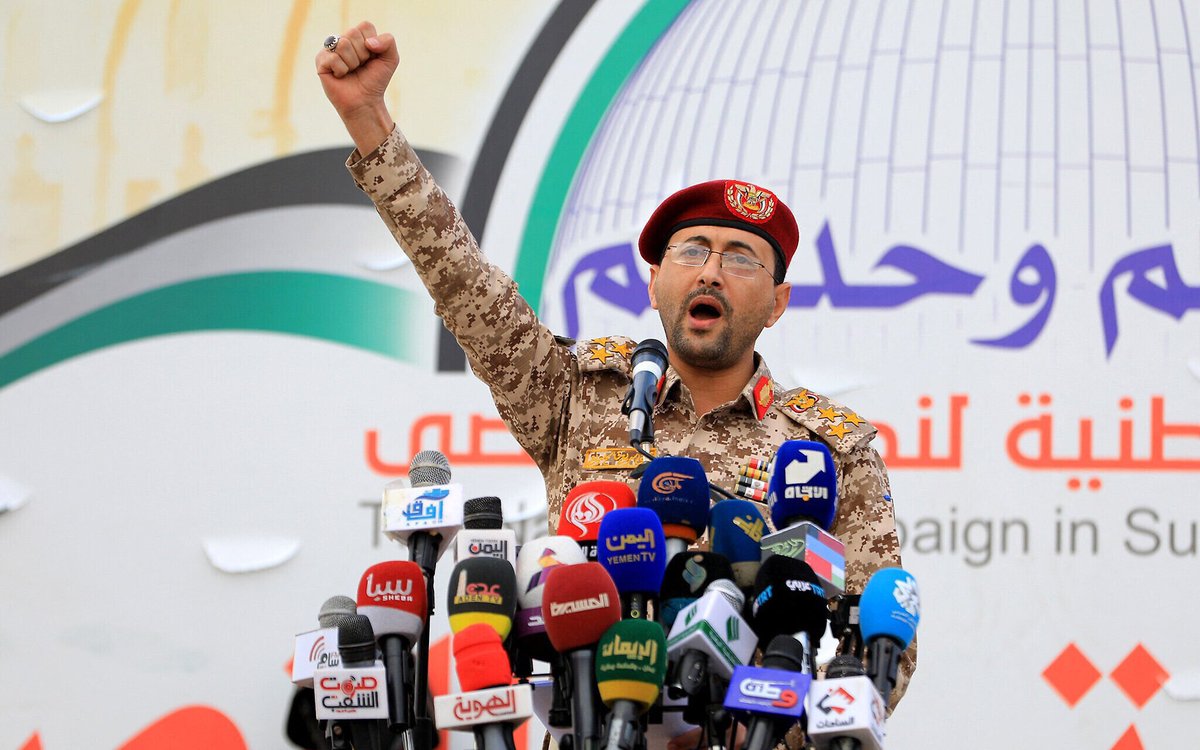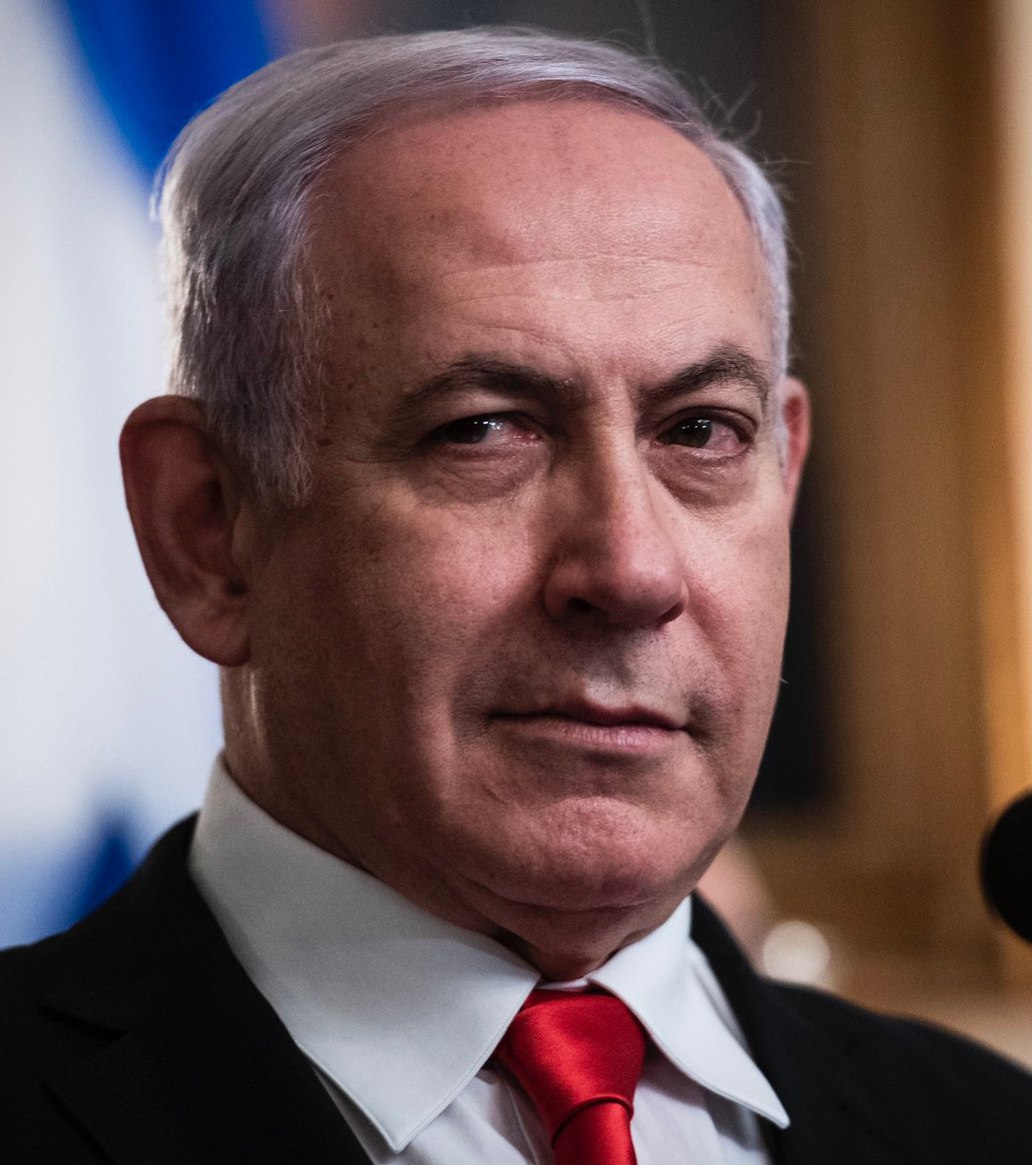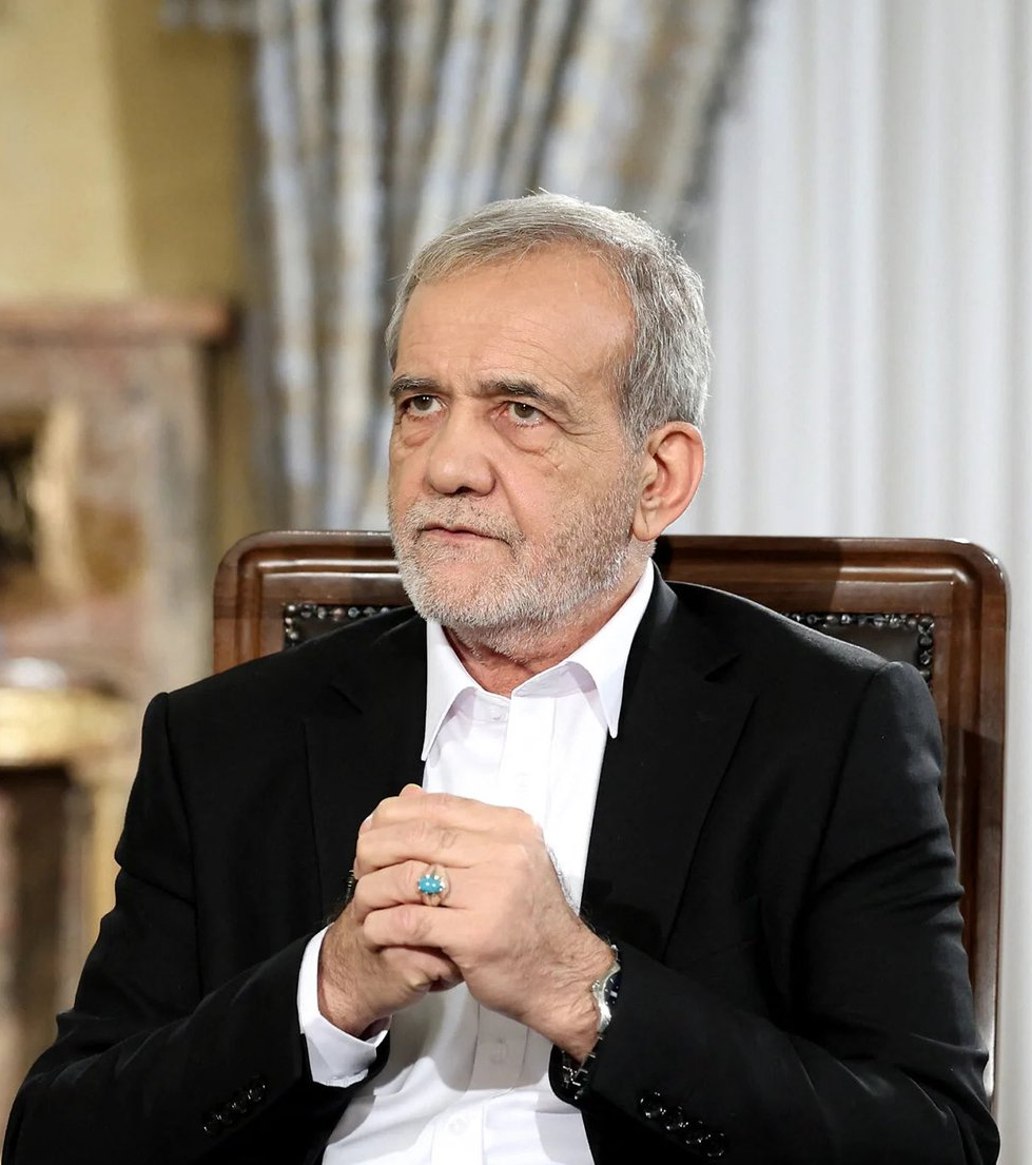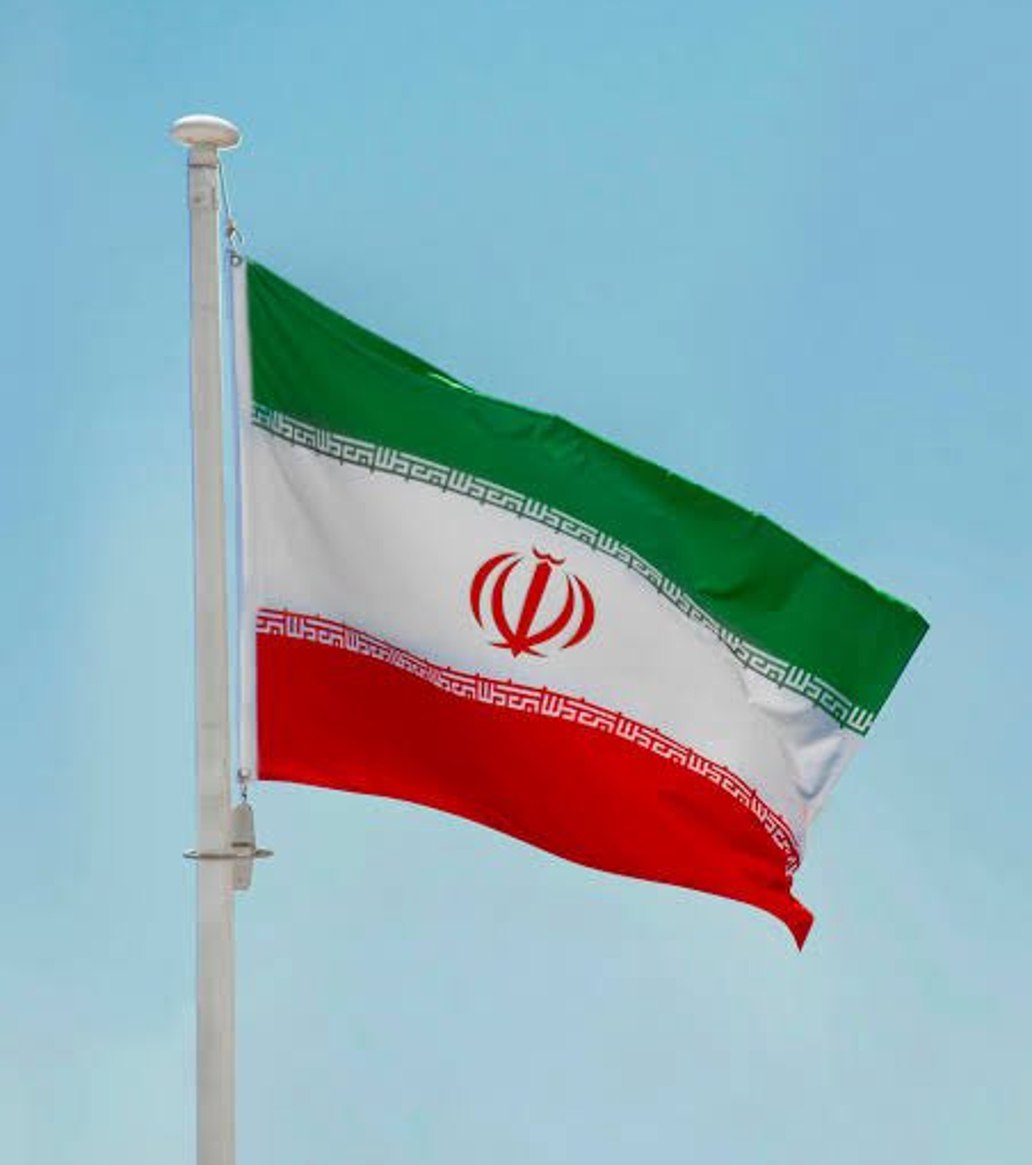Iran Mulls Closure of Strait of Hormuz, Threatening Global Oil Supply Chain
In a move that could significantly escalate tensions in the Middle East and disrupt global energy markets, Iran is reportedly considering closing the strategic Strait of Hormuz. The narrow waterway, which connects the Persian Gulf to the Arabian Sea, is one of the world’s most critical chokepoints for oil transportation. Approximately one-fifth of global oil passes through this vital maritime corridor each day.
Iranian officials have hinted at the potential closure in response to increasing regional pressure and what they describe as provocative actions by Western powers, particularly the United States and its allies. The Iranian Revolutionary Guard has already intensified naval exercises in the area, signaling Tehran’s willingness to leverage its geographical control over the strait.
The possible blockade comes amid heightened geopolitical tensions, including ongoing confrontations in the Red Sea, increased sanctions on Iran’s oil exports, and renewed nuclear deal deadlock talks. Analysts warn that any move to seal off the Strait of Hormuz would likely trigger immediate international backlash and could cause oil prices to skyrocket.
International stakeholders, including the United Nations and European Union, have expressed concern over the potential closure. The U.S. Navy’s Fifth Fleet, which is based in Bahrain, has stated that it will ensure the continued free flow of commerce in international waters, but acknowledged the seriousness of the threat.
Energy markets have already reacted with volatility. Brent crude prices spiked nearly 4% following the reports, reflecting investor fears of a potential supply disruption. Experts estimate that even a temporary closure could remove over 17 million barrels of oil per day from the global market, leading to significant economic consequences.
While no formal decision has been announced by Iran, insiders suggest the government is using the threat as a bargaining chip in ongoing negotiations with the West. As the situation develops, global attention remains fixated on the Strait of Hormuz — a flashpoint with the potential to ignite a broader conflict and economic instability.











